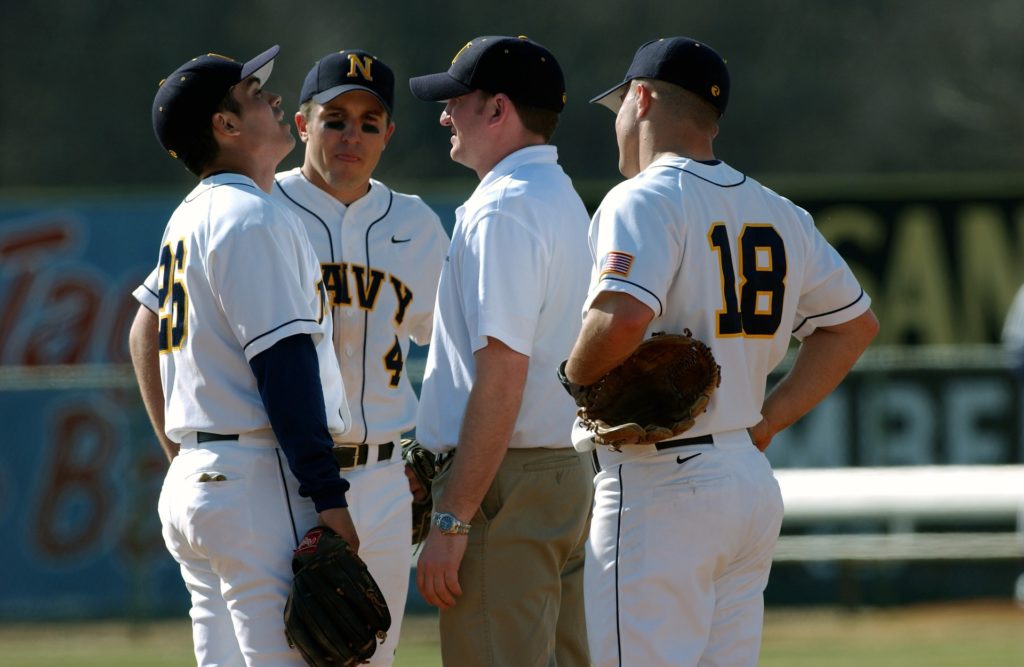
Is Your A-Team a No-Show?
Summer has finally come to Minnesota and with it, baseball. If you have read our prior blog posts, you know that we are baseball fans here at TBG, but in different ways. Some of us love professional baseball, others experience it through our children and still others through our grandchildren. I am one of those who experience most of my baseball through boy’s travel baseball. Often while I watch my boys’ games, I am struck by the parallels between the game and the workplace.
Recently I was at a weekend baseball tournament for my 12-year-old son. They were scheduled to play two games on Saturday and at least one on Sunday. We all went into the tournament with high hopes for a 1st or 2nd place spot to win our bids for the state tournaments (there are 3 of these). That hope was quickly diminishing on Saturday watching the boys play.
While this team has been together for a season and a half, and won one of the State Tournaments last year, they looked like they had not played together before or even played much baseball at all. They were missing simple throws to first (and any other base), dropping easily catchable balls, had confusion over who should take the play, and the inevitable downward spiral into “we suck land.” The energy was flat and negative by the end of game one and continued into game two. I didn’t envy the coach having to decide what to say, and not say, in the end of game speech.
Sunday the game began at 9 am and a different team showed up. So much so that they won all 3 games by at least 10 runs and took 1st place in the tournament! They even played a team from the day before who beat them handily and won this time with a 13-point differential. Wow, what a difference a day makes!
As I pondered what happened both days, I thought about the parallels to the workplace. Teams who have been together for a long time and have been an effective team can suddenly tank. As with any relationship, being a teammate and being an effective team takes ongoing energy and focus.
There were multiple things I observed that made a difference for the boys and can for your team as well. First, the informal leaders brought energy and encouragement to the team. They led cheers and gave encouragement for both good and bad plays. Second, the players slowed down and considered how to throw a catchable ball to their teammate versus just finishing their part of the play. Third, they increased communication not only around calling the ball but offered tips, kept each other current on the outs, and coordinated on play details. What stood out the most was that they were having fun and not focusing on winning. They were focusing on how to work together most effectively and the wins came.
The key takeaways for me were about making sure that I encourage my colleagues during both good and bad times, slow down to consider the impact I am making on others, make sure my colleagues are ready to catch the work I throw to them, and communicate to the point of over communication. Most importantly, enjoy the work, enjoy each other, and enjoy the wins that will come.
If you want help getting energy and mojo back into your team, send me an email. I am happy to chat.



